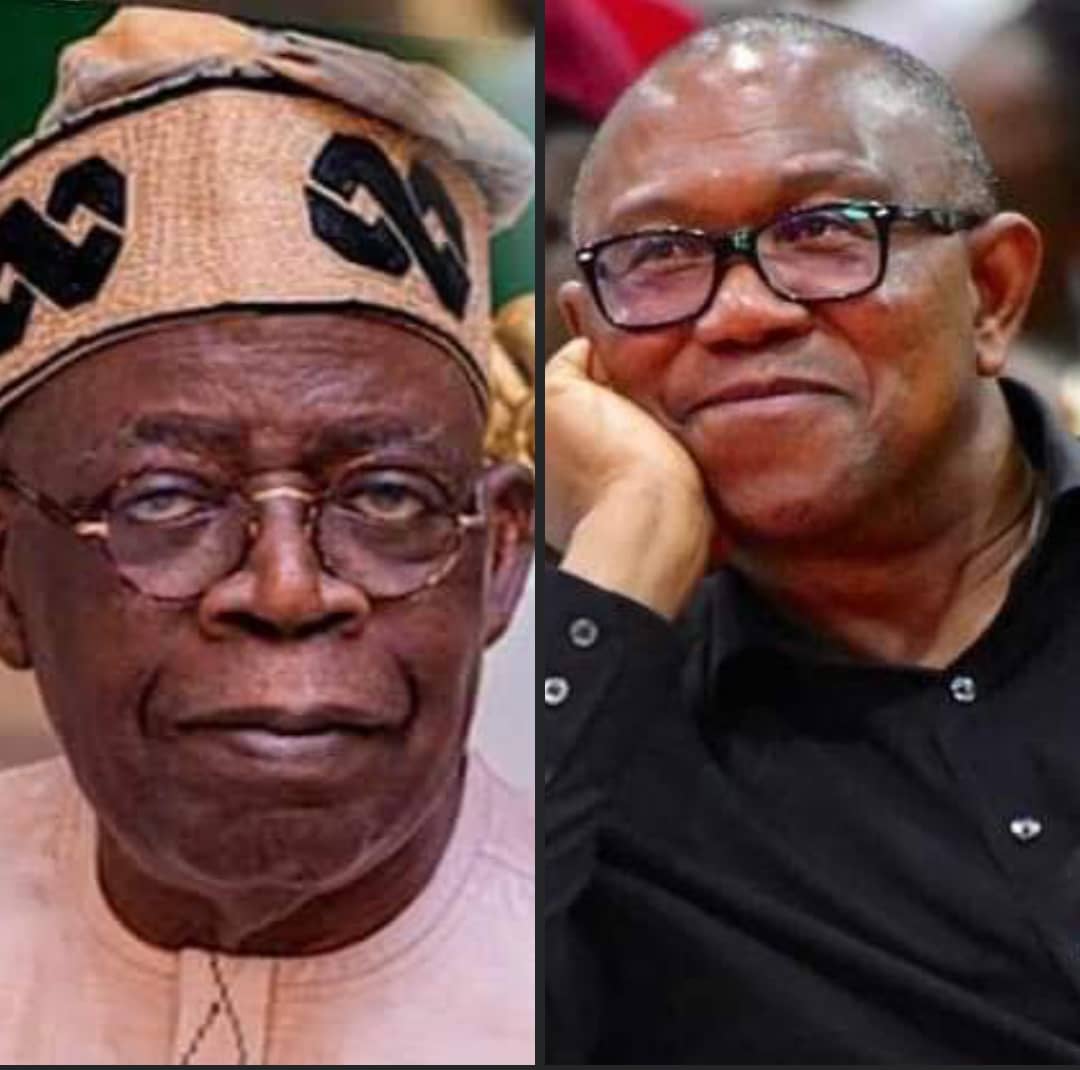The Presidency has fired back at former Labour Party presidential candidate, Peter Obi, following his recent comments on the federal government’s handling of savings generated from the removal of fuel subsidies .
Obi, who was the Labour Party’s flag bearer in the 2023 general elections, appeared on Arise News, where he questioned the transparency and accountability of President Bola Tinubu’s administration in managing the reported billions saved from ending the petroleum subsidy regime.

During the interview, Obi reiterated his support for the removal of the subsidy, clarifying that the policy was part of his 2023 presidential manifesto. However, he criticized the current administration for what he described as a “haphazard” implementation of the policy.
“I have consistently maintained that I would have removed the fuel subsidy. It is clearly stated in my manifesto, along with the steps I would have taken in an organized way,” Obi said.
He emphasized that while the removal itself was necessary, the lack of a clear and structured approach has raised serious questions.
“There is nothing wrong with removing the subsidy. What is wrong is the manner in which it was done—without proper planning. We were told the funds saved would be invested in critical infrastructure. Billions have reportedly been saved—so where is the money? Where has it been invested?” he asked.
In a swift reaction, the Special Adviser to President Tinubu on Policy and Communication, Daniel Bwala, criticized Obi’s remarks, suggesting they exposed a lack of depth in economic understanding.
Taking to his official X (formerly Twitter) account, Bwala wrote:
“Is anybody watching @PeterObi on Arise TV? He agreed with our policy of subsidy removal and the unification of the foreign exchange system. He claimed he would have done it better in an ‘organized manner.’”
Bwala challenged Obi’s statements, arguing that the former Anambra State governor failed to provide a concrete explanation of what his “organized manner” would entail.
“He was asked what that ‘organized manner’ was. He played with words but eventually agreed with our approach. Anyone with a rational mind can see these people are only interested in grabbing power—they have no viable alternative agenda.”
In a further jab, Bwala questioned Obi’s economic competence:
“He seems to have a very shallow knowledge of economics and governance. Remember, this interview was even anchored by a member of his Obidient movement. That’s why you don’t hear ‘I put it to you,’ no barking like a Rottweiler. Yet, ‘if it no dey, it no dey.’”
The exchange between Obi and the Presidency underscores ongoing political tensions surrounding Nigeria’s fuel subsidy reforms—an issue that continues to stir public debate amid rising living costs and economic hardship across the country.
As Nigerians grapple with the economic realities of subsidy removal, the demand for transparency in how saved funds are utilized remains a key concern among citizens and opposition voices.







